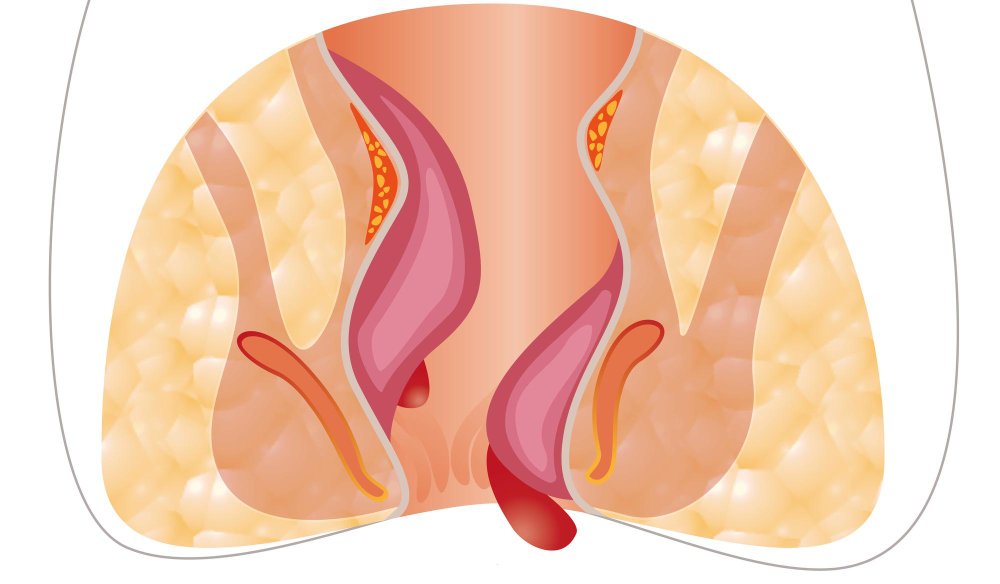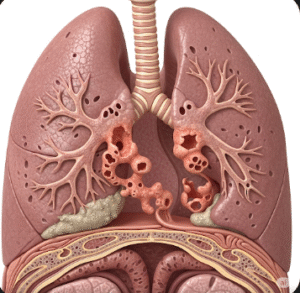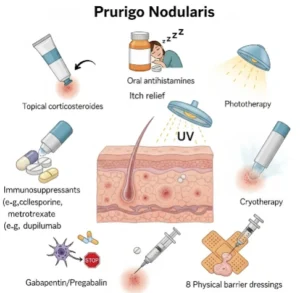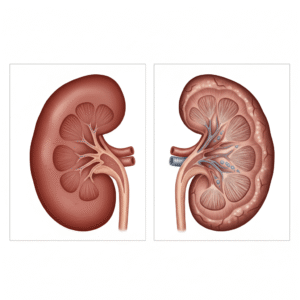Overview
Water intoxication, also known as water poisoning or hyponatremia, is a rare but potentially life-threatening condition caused by consuming an excessive amount of water in a short period. This dilutes the sodium in the bloodstream, disrupting the body’s electrolyte balance and causing cells to swell—especially dangerous when it affects brain cells. Early recognition and intervention are essential to prevent serious complications or death.
What is Water Intoxication?
Water intoxication occurs when the kidneys are unable to excrete excess water quickly enough, leading to a dangerous drop in blood sodium levels (hyponatremia). Sodium is vital for nerve and muscle function and helps regulate fluid balance. When sodium levels fall too low, water moves into cells, causing them to swell. Brain swelling, or cerebral edema, is the most serious consequence and can lead to seizures, coma, or death.
Symptoms
Symptoms of water intoxication can appear rapidly and range from mild to severe, including:
- Headache
- Nausea and vomiting
- Confusion or disorientation
- Muscle weakness, cramps, or twitching
- Fatigue or drowsiness
- Blurred vision
- Seizures
- Loss of consciousness or coma (in severe cases)
Causes
Water intoxication is usually caused by drinking excessive amounts of water within a short timeframe. Contributing factors include:
- Overhydration during endurance sports (e.g., marathon running)
- Psychiatric conditions like psychogenic polydipsia (excessive water drinking)
- Use of certain medications, especially diuretics or antipsychotics
- Forced water consumption (e.g., in hazing or abuse cases)
- Medical conditions like kidney disease or heart failure that impair fluid regulation
Risk Factors
Several factors can increase the risk of water intoxication:
- High-intensity physical activity with excessive water intake
- Low body weight or size
- Use of ecstasy (MDMA), which impairs water regulation and increases thirst
- Endurance athletes, especially in hot climates
- Individuals with mental health disorders like schizophrenia
- Inappropriate medical advice leading to excessive fluid intake
Complications
Water intoxication can cause serious and potentially fatal complications, such as:
- Hyponatremia (low blood sodium)
- Brain swelling (cerebral edema)
- Seizures
- Respiratory arrest
- Permanent brain damage
- Coma
- Death
Prevention
Preventing water intoxication involves maintaining proper hydration habits and awareness:
- Drink according to thirst rather than a fixed schedule
- Balance water intake with electrolyte-containing fluids during prolonged exercise
- Monitor fluid intake in individuals with kidney, heart, or mental health conditions
- Avoid excessive water consumption in short time periods
- Educate athletes, military personnel, and caregivers about safe hydration practices
Treatment Options in Korea
South Korea offers advanced emergency and supportive care for managing water intoxication and hyponatremia. Key treatment options include:
- Immediate fluid restriction to reduce water overload
- Electrolyte correction through controlled administration of hypertonic saline (3% NaCl)
- Diuretics in specific cases to remove excess water
- Seizure management with anticonvulsants if necessary
- Monitoring in intensive care units for severe hyponatremia and cerebral edema
- Comprehensive diagnostics in tertiary hospitals like Seoul National University Hospital, Severance Hospital, and Samsung Medical Center
- Multidisciplinary approach involving nephrology, neurology, and emergency medicine specialists
With Korea’s world-class medical infrastructure, patients with water intoxication receive timely and effective treatment with high recovery rates when addressed early.













